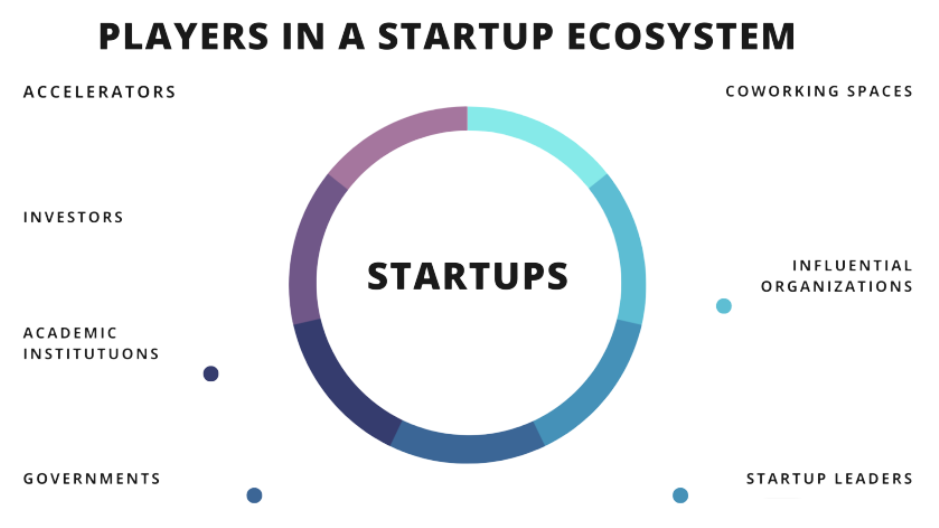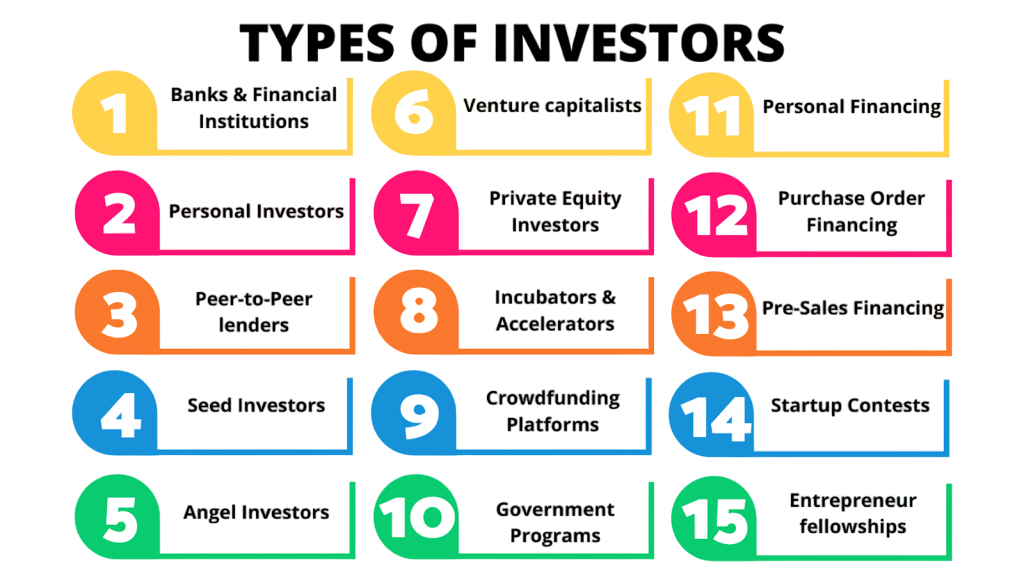
- Introduction to India’s Expanding Startup Hubs
- Ahmedabad: Innovations in EdTech and FinTech
- Pune: IT and SaaS Excellence
- Jaipur: The Rise of Handicraft Startups
- Indore & Bhopal: Central India’s Digital Surge
- Hyderabad: DeepTech and Biotech Growth
- Chennai: Manufacturing Meets Software
- Bengaluru: Beyond the Silicon Valley Tag
- Kochi: Green Energy and Maritime Startups
- City-wise Startup Ecosystem Support
- Key Investors and Funding Scenarios
- Conclusion
Introduction to India’s Expanding Startup Hubs
India has rapidly evolved into a global startup powerhouse, boasting over 100 unicorns and a vibrant ecosystem that spans across the country. No longer confined to just Bengaluru or Delhi, India’s startup wave has reached tier-2 and tier-3 cities, driving innovation and entrepreneurship to new heights. This decentralization has allowed local talent to shine and regional industries to flourish. The push by both government and private entities through funding, incubators, and startup-friendly policies has helped India establish itself as a fertile ground for startups across various sectors. Let’s take a city-wise look at how diverse regions are contributing to India’s startup growth story.
Ahmedabad: Innovations in EdTech and FinTech
Ahmedabad has seen a significant rise in startups, especially in the EdTech and FinTech sectors. With institutions like IIM Ahmedabad nurturing entrepreneurs, the city has become a hotspot for innovation. EdTech platforms such as Toprankers and eKal Academy are revolutionizing online education, offering region-specific content and competitive exam preparations. To understand how professionals streamline operations behind such platforms, explore Business Process Analyst Do a detailed guide that explains how analysts optimize workflows, enhance system efficiency, and align business goals with technology in the education sector. In FinTech, startups like Lendingkart and Creditt are addressing the credit needs of MSMEs and individual borrowers with innovative lending models. The presence of robust academic institutions and cost-effective infrastructure makes Ahmedabad an attractive destination for early-stage ventures.
Interested in Obtaining Your Business Analyst Certificate? View The Business Analyst Training Offered By ACTE Right Now!
Pune: IT and SaaS Excellence
- Often overshadowed by its neighbor Mumbai, Pune has carved out a niche in IT services and SaaS-based startups. Companies like Druva and Icertis have gained global recognition for their software products. The city benefits from a high concentration of engineering colleges, creating a steady pipeline of skilled tech professionals.
- Startup incubators such as Venture Center and COEP’s Bhau Institute play a pivotal role in mentoring and funding early-stage companies. Pune’s blend of academic strength and entrepreneurial culture makes it a thriving startup hub, especially in enterprise tech.
- Jaipur, known for its rich cultural heritage, is leveraging its traditional strengths in handicrafts and textiles through innovative startups. Platforms like iTokri and Pinklay are connecting rural artisans directly with global markets, preserving traditional skills while offering sustainable incomes.
- With the support of state-run initiatives like iStart Rajasthan, Jaipur is witnessing the emergence of women-led startups and social enterprises that blend tradition with modernity. The availability of government grants and low operational costs further encourage startup activity in the region.
- Bengaluru remains the undisputed startup capital of India, but it’s evolving beyond just being the ‘Silicon Valley of India’. The city is now home to a diverse mix of sectors including fintech (Razorpay, Groww), edtech (Byju’s, Unacademy), and healthtech (Practo, Cure.fit). What sets Bengaluru apart is the availability of capital, talent, and global networking opportunities.
- Startup accelerators, venture capital firms, and global R&D centers continue to make Bengaluru a magnet for innovation. However, the city is also facing challenges like high living costs and traffic congestion, prompting some startups to explore satellite hubs in nearby cities.
- Ahmedabad: IIM-A’s Centre for Innovation, Incubation and Entrepreneurship (CIIE)
- Pune: Bhau Institute, Venture Center
- Jaipur: iStart Rajasthan, Rajasthan Angel Innovators Network
- Indore & Bhopal: MP Startup Centre, Incubation centres in IIM-Indore and MANIT Bhopal
- Hyderabad: T-Hub, WE-Hub (for women entrepreneurs), BioNest
- Chennai: IITM Incubation Cell, TANSIM
- Bengaluru: Nasscom 10,000 Startups, NUMA Bengaluru, NSRCEL (IIMB)
- Kochi: Kerala Startup Mission (KSUM), Maker Village (hardware-focused)
- Early-Stage Funds: Blume Ventures, Indian Angel Network, LetsVenture
- Growth-Stage VCs: Sequoia Capital India, Accel, Matrix Partners
- Sector-Specific Investors: Omnivore (AgriTech), 3one4 Capital (FinTech), Artha Venture Fund (Consumer)
- Corporate & Government Funding: SIDBI Fund of Funds, BIRAC (for biotech), MeitY Startup Hub
To Earn Your Business Analyst Certification, Gain Insights From Leading Data Science Experts And Advance Your Career With ACTE’s Business Analyst Training Today!
Jaipur: The Rise of Handicraft Startups
Indore & Bhopal: Central India’s Digital Surge
The cities of Indore and Bhopal are leading Central India’s entry into the digital startup space. Indore, recognized for its cleanliness and infrastructure, has become a magnet for tech startups in healthtech, edtech, and logistics. Startups like Gramophone (AgriTech) and Park+ (MobilityTech) are making waves with their unique solutions. Bhopal is quickly catching up, especially in sectors like legal tech and education platforms. With the help of MP Startup Centre and Smart City initiatives, these cities are transforming into dynamic startup zones with increasing investor interest.
Want to Pursue a Business Analyst Master’s Degree? Enroll For Business Analyst Master Program Training Course Today!
Hyderabad: DeepTech and Biotech Growth
Hyderabad has emerged as a leading startup hub, particularly in DeepTech, Artificial Intelligence, and Biotech. Institutions like IIT-Hyderabad and T-Hub have been instrumental in nurturing deep technology startups. The Genome Valley project has positioned the city as a biotech hotspot, attracting startups in pharma research, healthcare diagnostics, and life sciences. To understand how professionals adapt quickly and drive innovation in such fast-paced environments, explore Agile Business Analyst a strategic guide that explains how agile methodologies empower analysts to align business goals with evolving tech solutions. Startups such as Skyroot Aerospace (space tech) and Bharat Biotech (biopharma) showcase the city’s capacity for cutting-edge innovation. The synergy between academia, industry, and government in Hyderabad is a model for other emerging hubs.
Go Through These Business Analyst Interview Questions and Answers to Excel in Your Upcoming Interview.
Chennai: Manufacturing Meets Software
Chennai, historically known for its automobile and manufacturing industries, is now witnessing a strong software startup ecosystem. This unique blend gives rise to industrial IoT, automation, and AI-driven manufacturing solutions. To understand how professionals bridge technical systems with business goals in such environments, explore Business Systems Analyst a practical guide that outlines key responsibilities, essential tools, and strategic insights for optimizing enterprise operations through technology. Startups like Flinto (EdTech) and Specmatic (DevOps) are pushing the envelope in their respective fields. With strong support from IIT Madras and initiatives like the Tamil Nadu Startup and Innovation Mission (TANSIM), Chennai offers a balanced ecosystem where hardware meets software. Its strategic location and industrial base further add to its startup appeal.
Bengaluru: Beyond the Silicon Valley Tag
Kochi: Green Energy and Maritime Startups
Kochi is gaining traction as a startup destination focused on green energy, marine technology, and sustainability. The Kerala Startup Mission (KSUM) has been instrumental in fostering innovation through incubators, seed funding, and global outreach programs. Startups like Sea6 Energy (marine biotech) and Entuple E-Mobility (clean tech) are making strides in sustainable technology. To understand how analytical roles support such innovation, explore Business Analyst vs Data Analyst a comparative guide that breaks down responsibilities, skill sets, and how each role contributes to data-driven growth in emerging sectors. Kochi’s strategic coastal location and eco-conscious culture offer a unique environment for startups addressing climate change and maritime challenges.
City-wise Startup Ecosystem Support
Each city in India now has a network of support systems tailored to its regional strengths: incubators, accelerators, and digital platforms that empower local entrepreneurs. To harness these opportunities with data-driven strategy, explore Learn Business Analytics a step-by-step guide that helps professionals master data interpretation, performance tracking, and strategic planning across diverse business ecosystems.

These ecosystem enablers provide not only funding and mentorship but also access to global markets, partnerships, and policy advocacy.
Key Investors and Funding Scenarios
India’s funding landscape is evolving with both global venture capitalists and homegrown funds actively investing in diverse cities. To understand how professionals help businesses navigate this dynamic environment, explore What Does a Business Analyst Do a career-focused guide that explains how analysts identify opportunities, assess risks, and drive strategic decisions in fast-changing markets.

Cities like Hyderabad and Pune have seen increased biotech and SaaS funding, while Jaipur and Indore are attracting impact investors focused on sustainability and social entrepreneurship. The proliferation of angel networks and micro VCs has democratized access to capital, making it easier for startups outside major metros to scale.
Conclusion
India’s startup landscape has truly gone beyond metropolitan borders. With government backing, increasing digital penetration, and localized ecosystem support, tier-2 and tier-3 cities are no longer just followers but trendsetters in innovation. From FinTech in Ahmedabad to GreenTech in Kochi, startups are solving region-specific problems with scalable, tech-driven solutions. As infrastructure improves and investors look beyond the obvious, India’s entrepreneurial energy is set to grow exponentially. The dream of a digitally empowered, job-generating, innovation-led India is now being realized across every corner of the nation.




